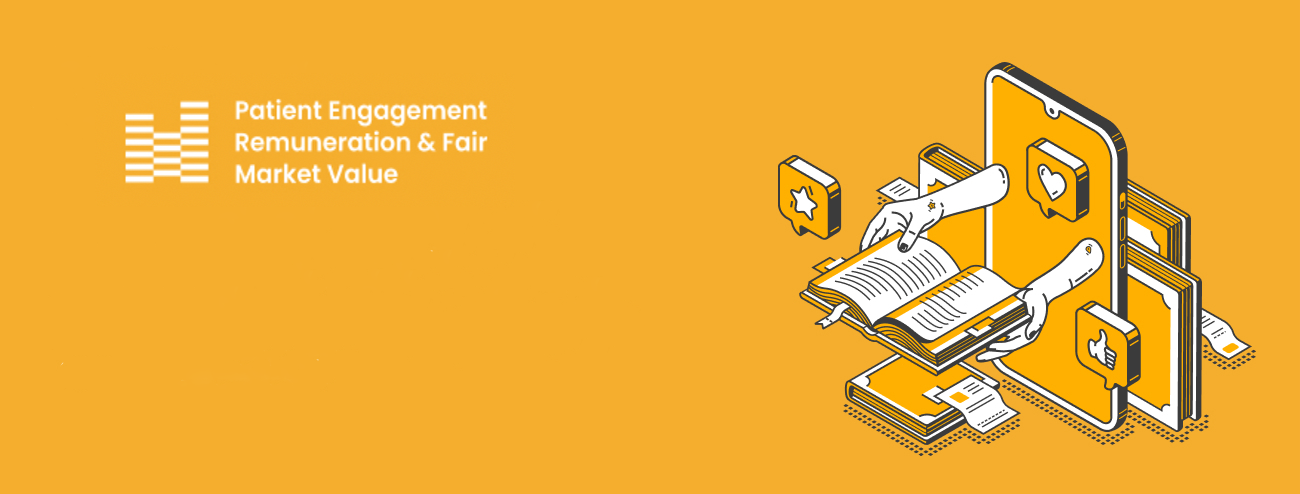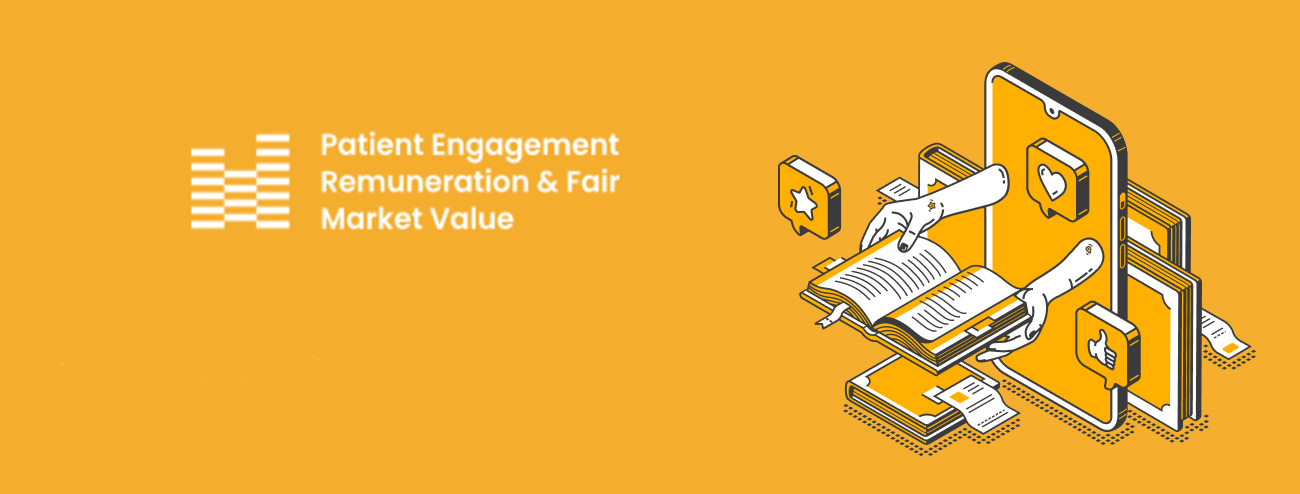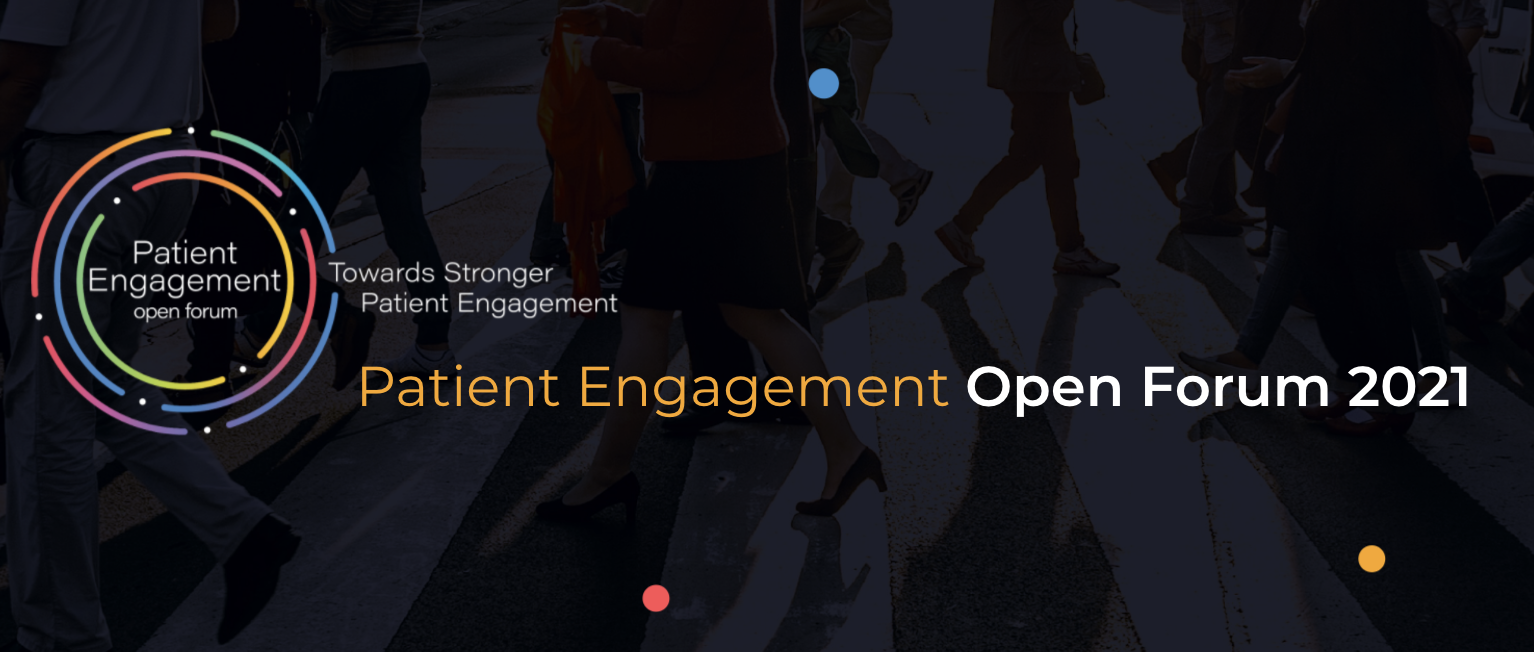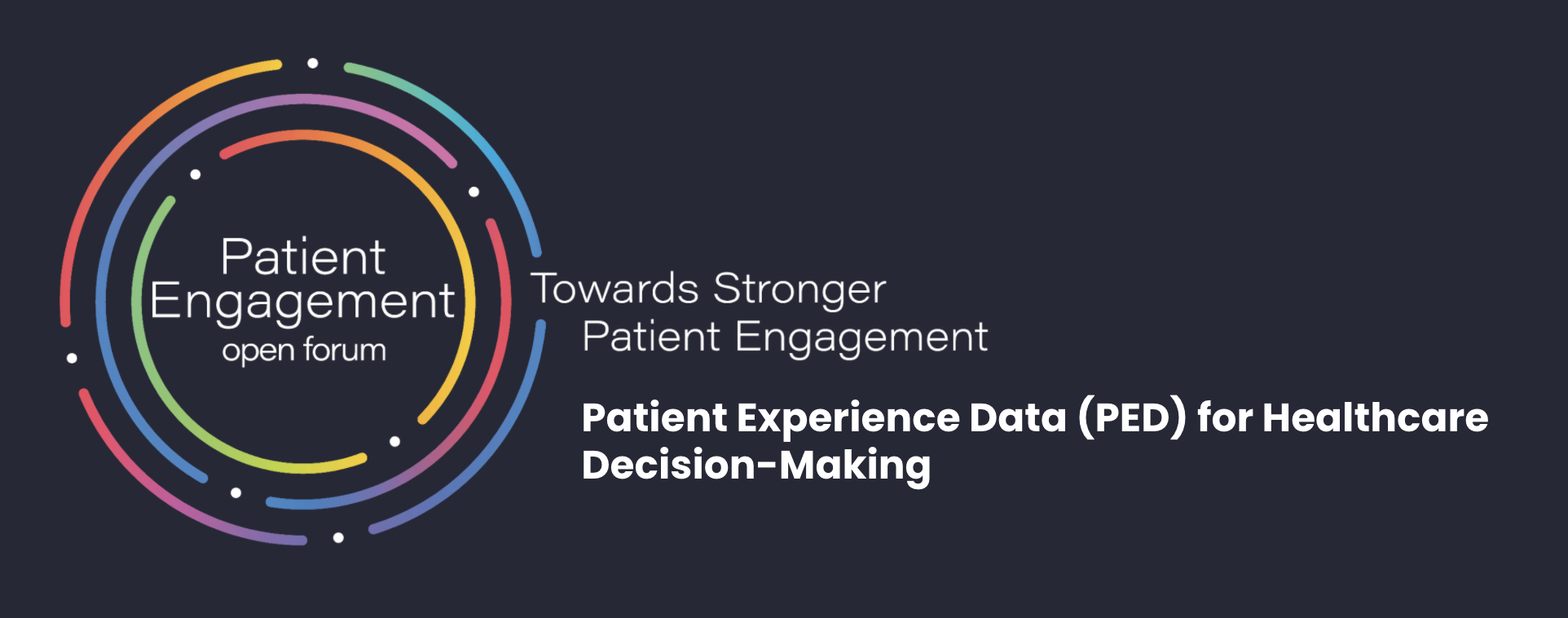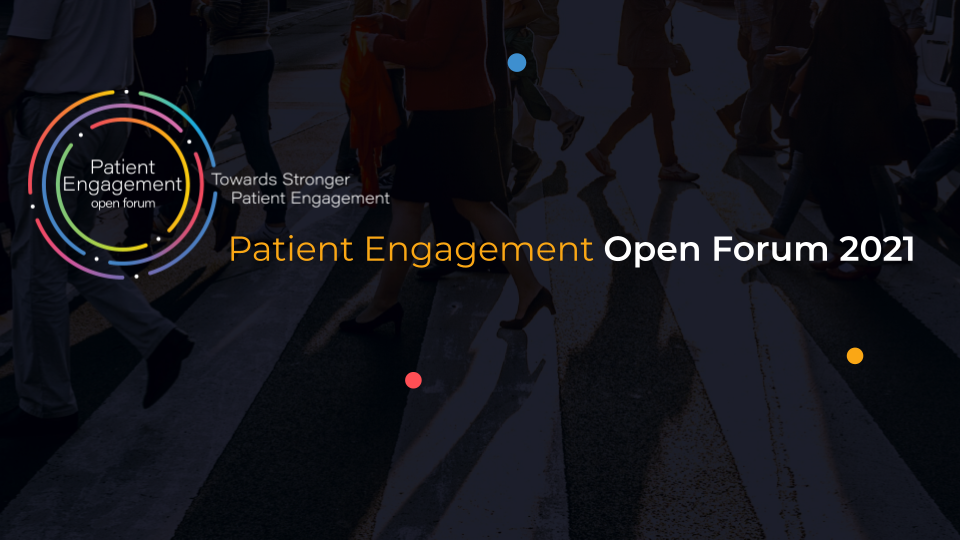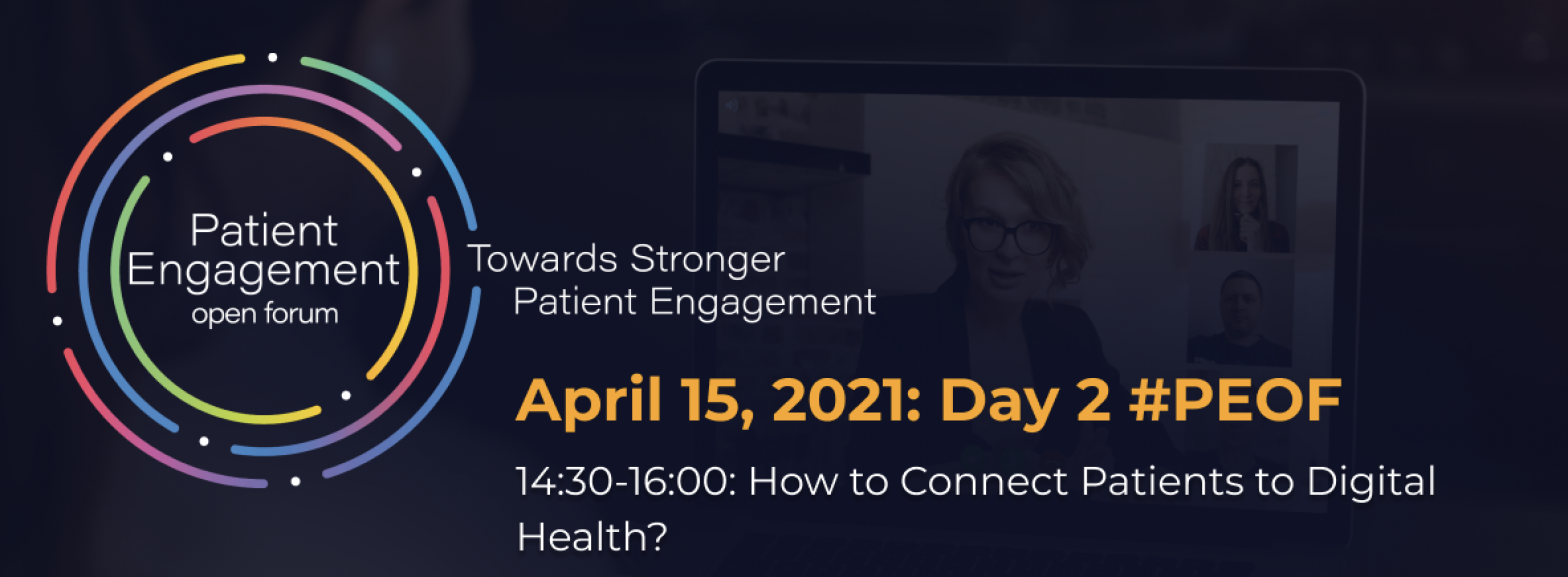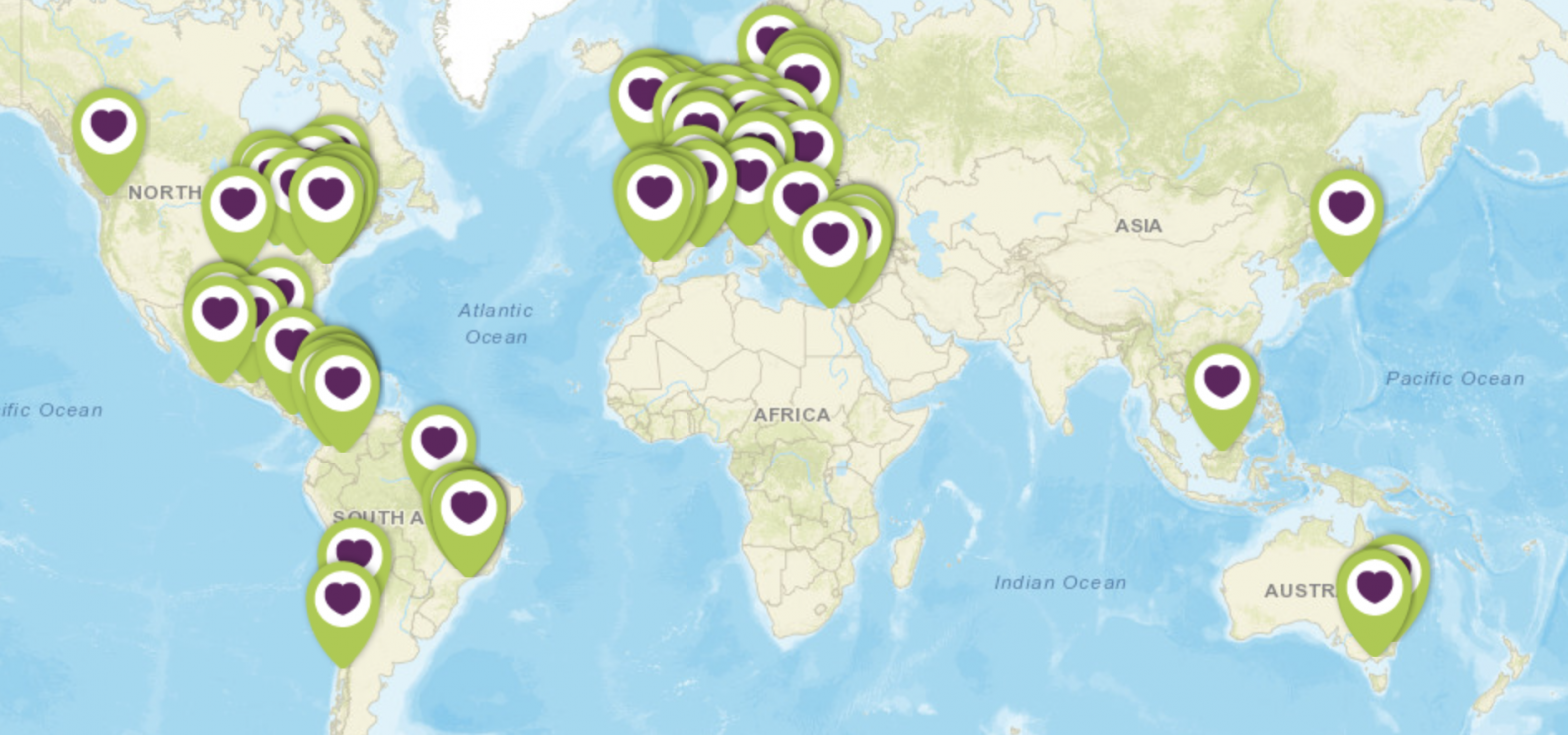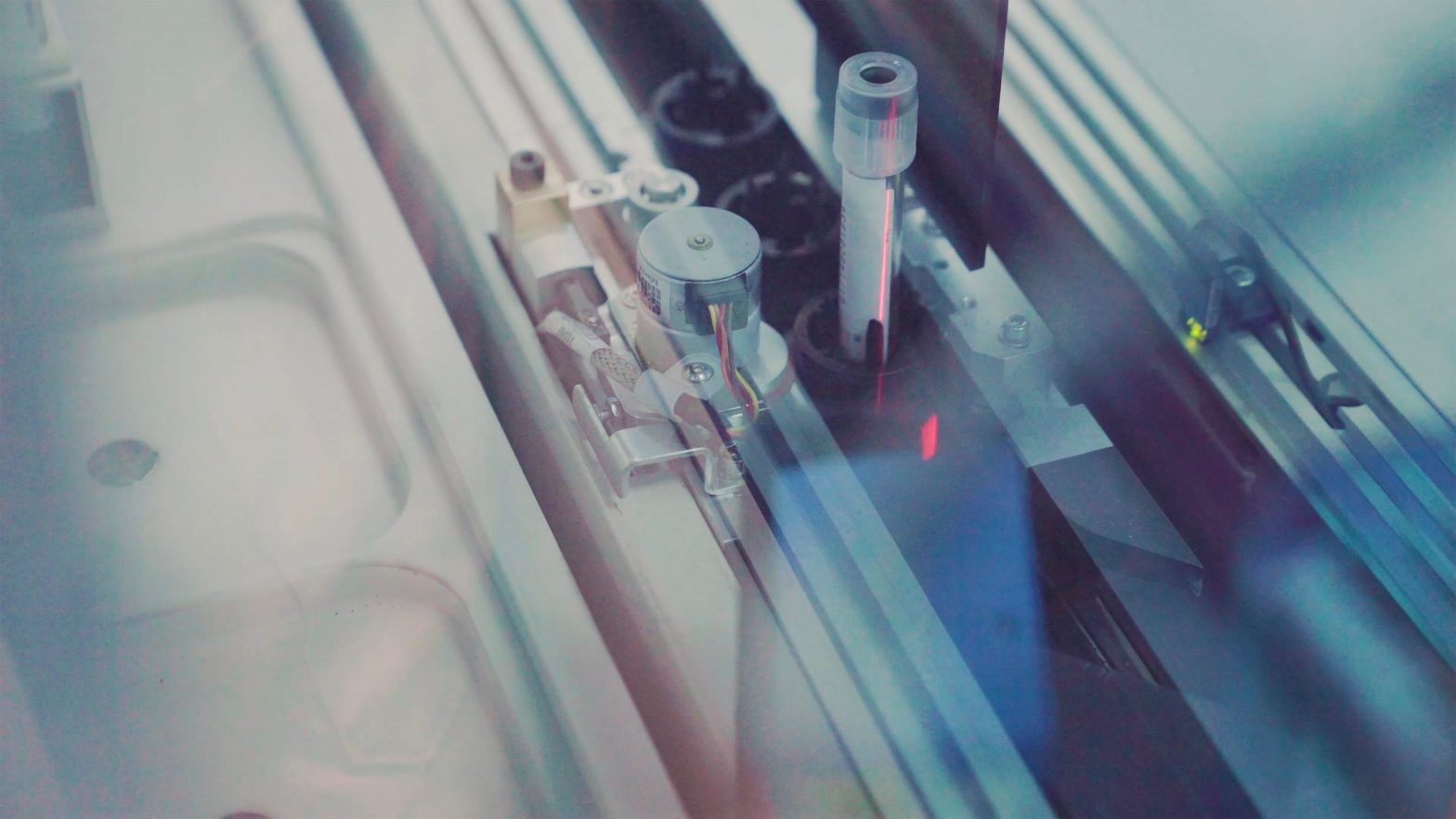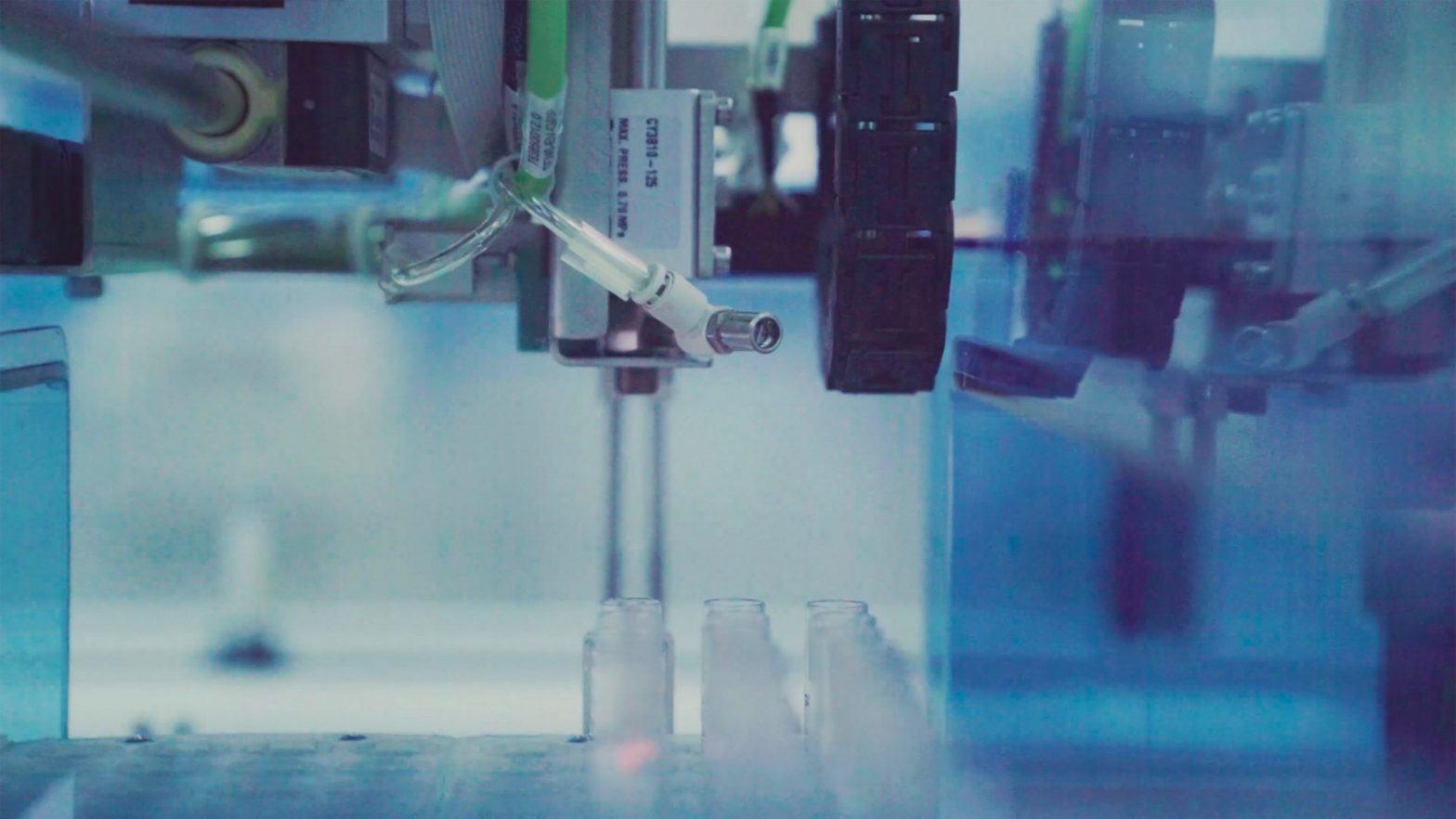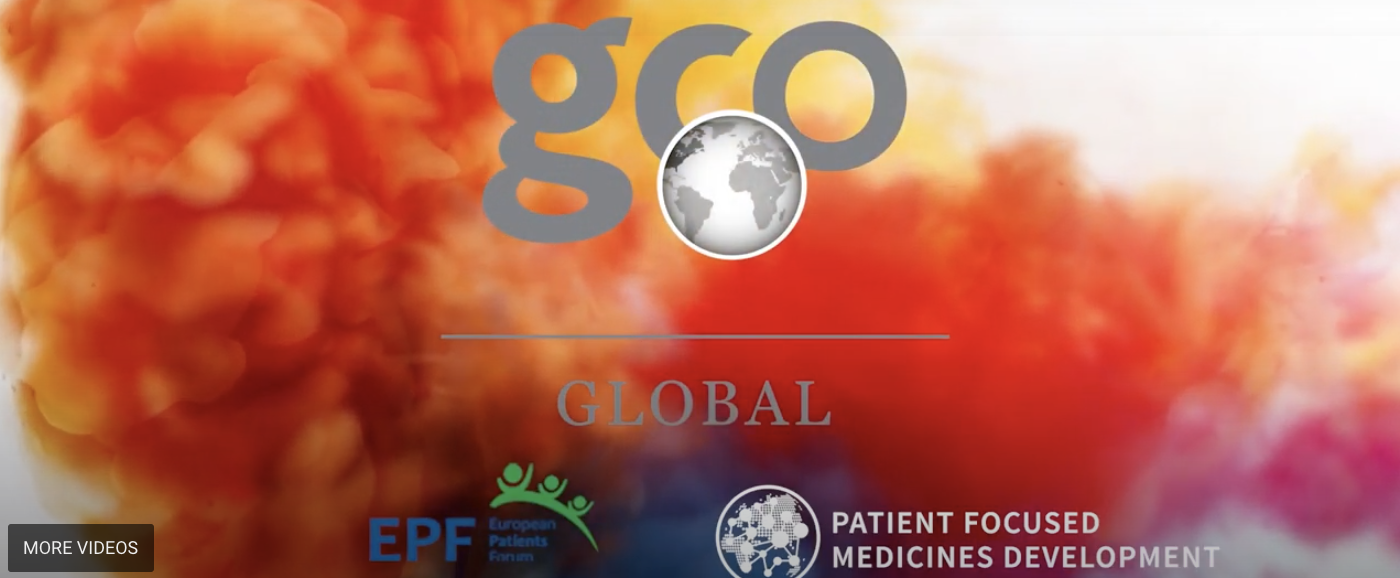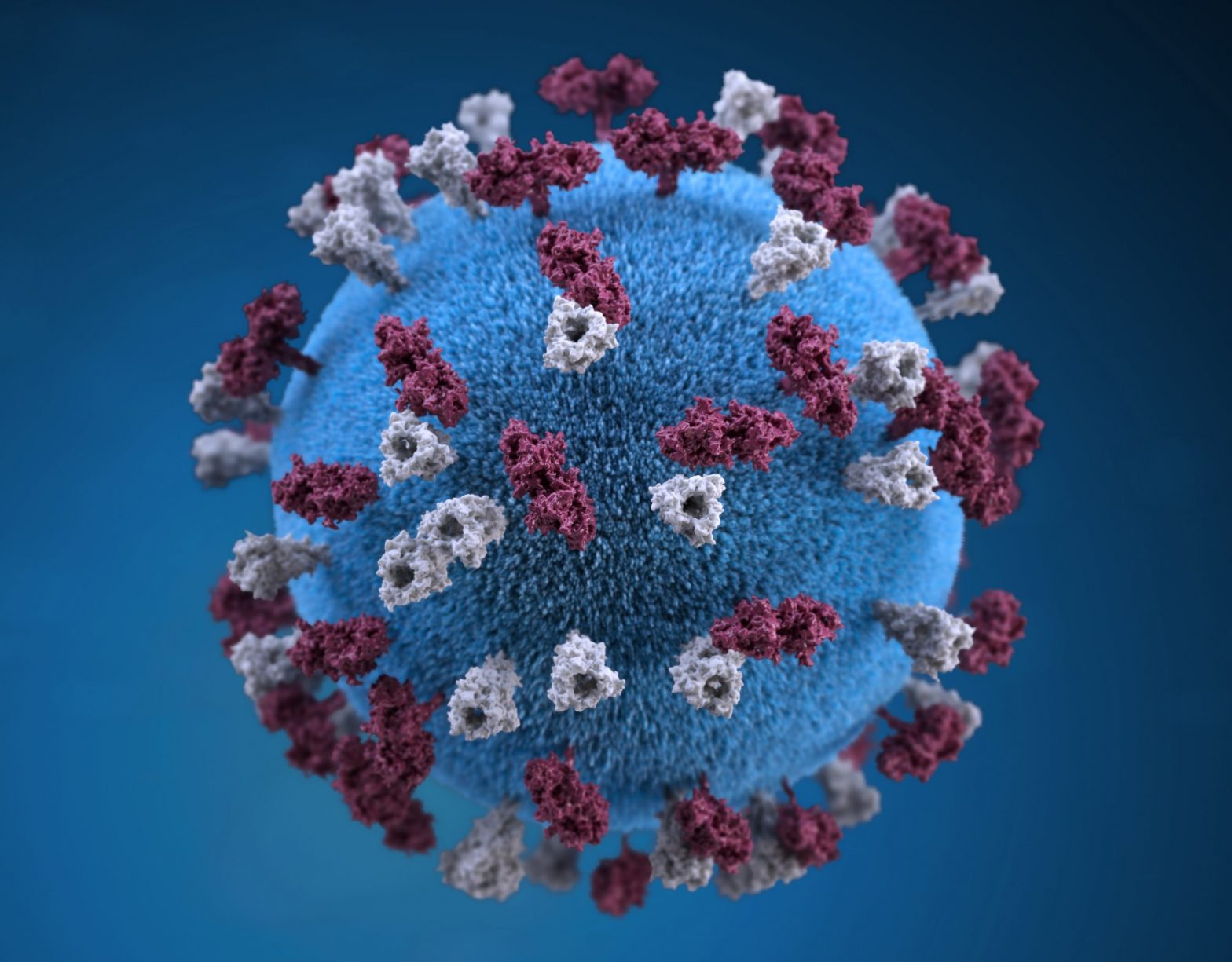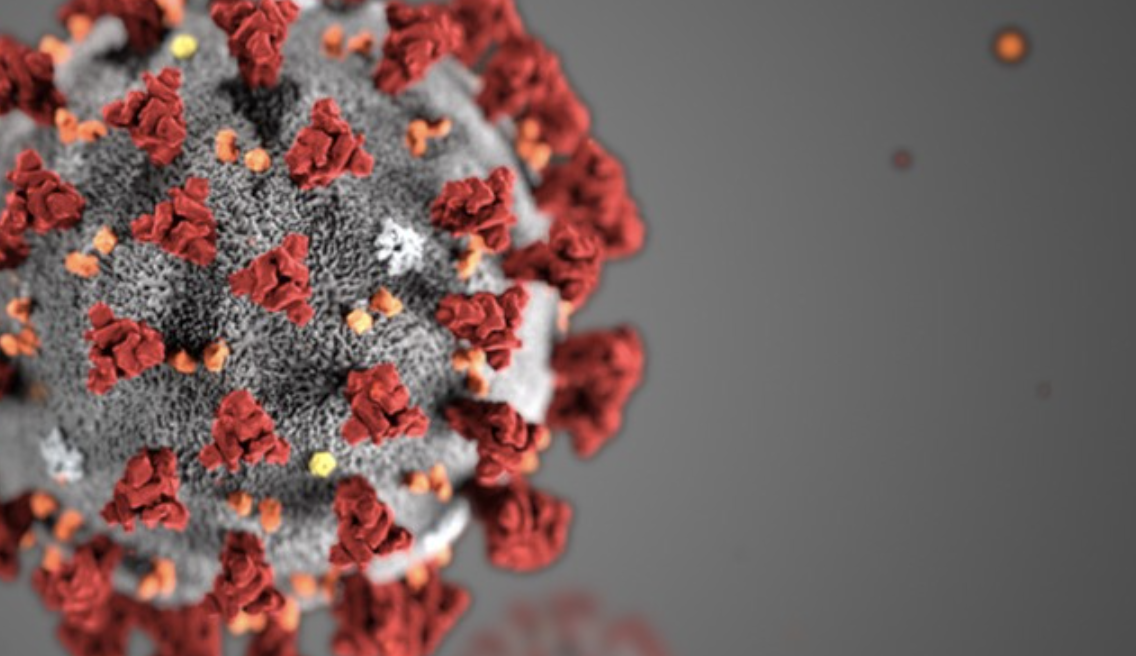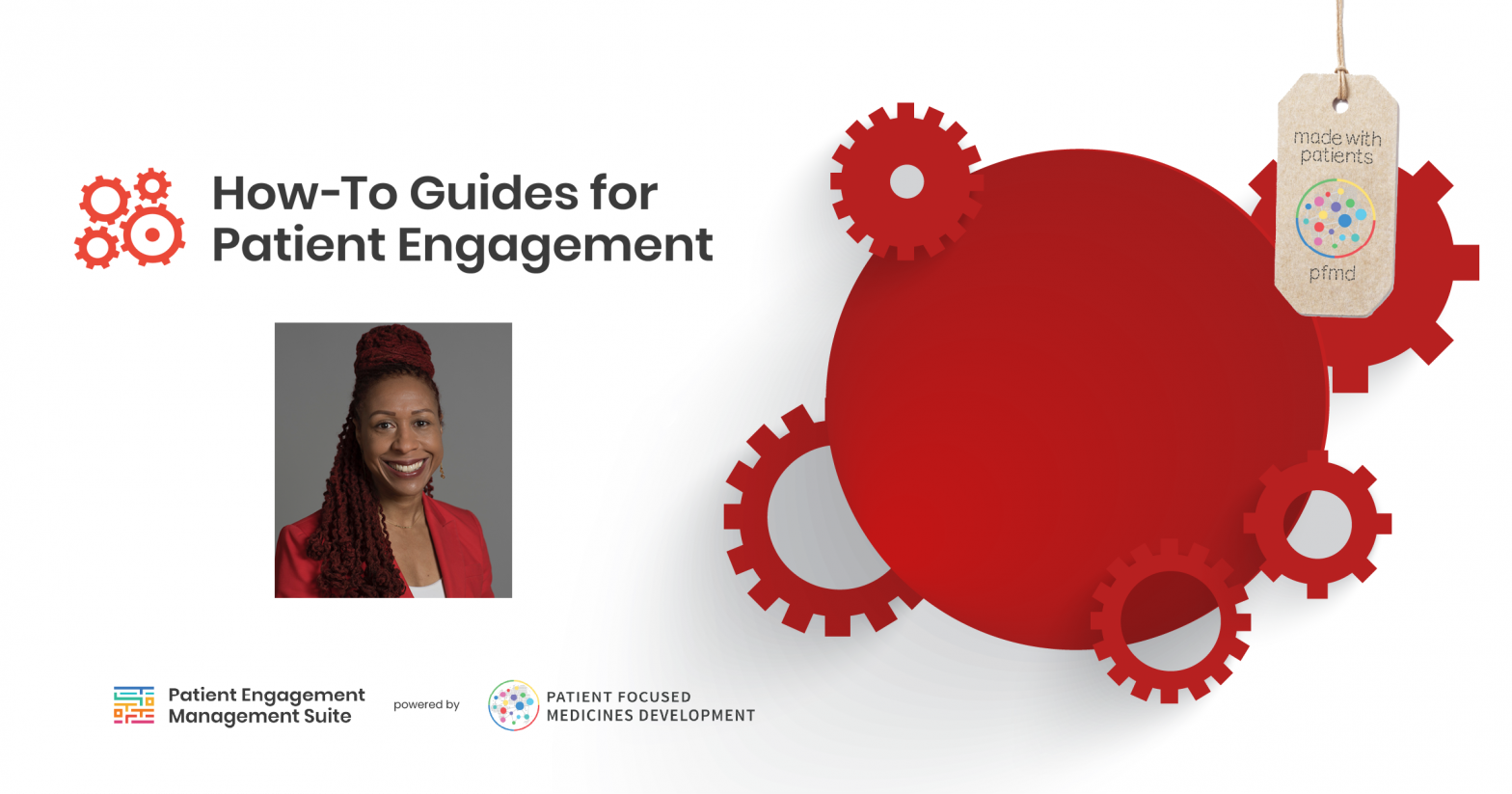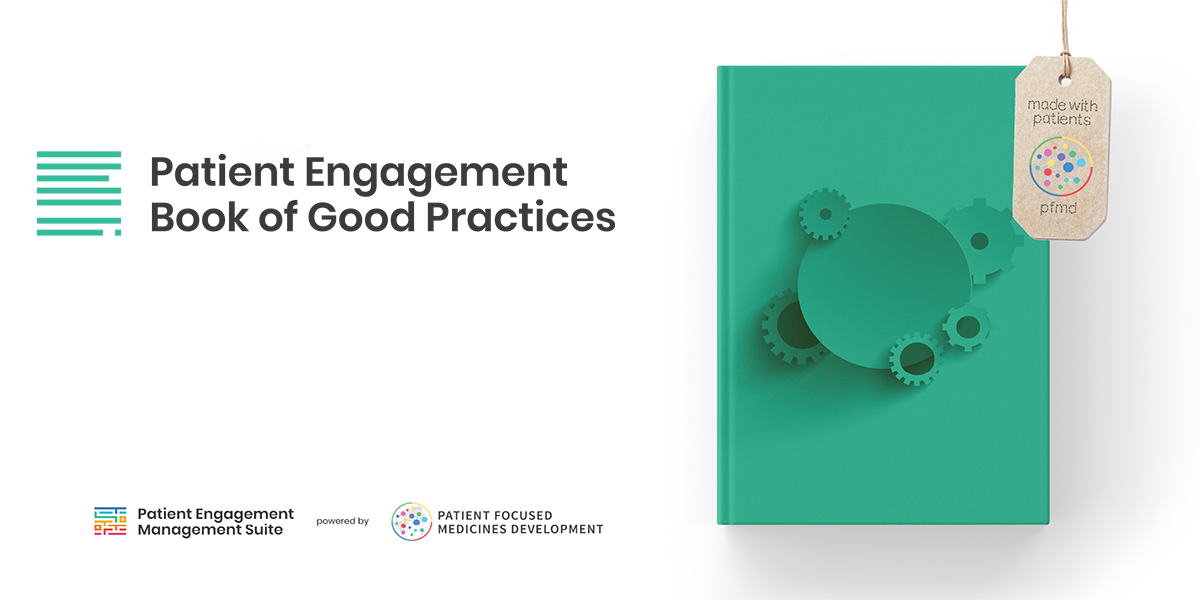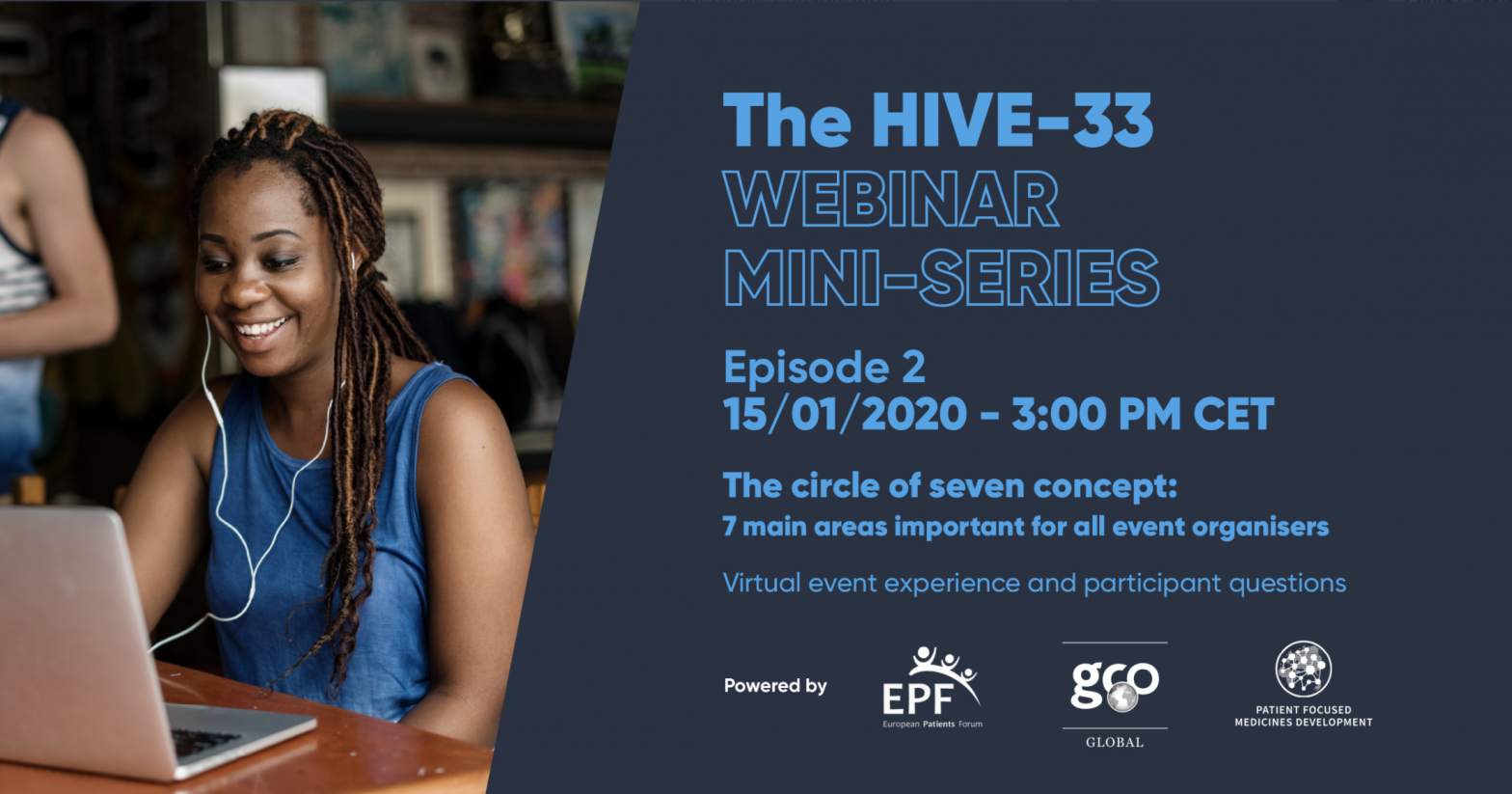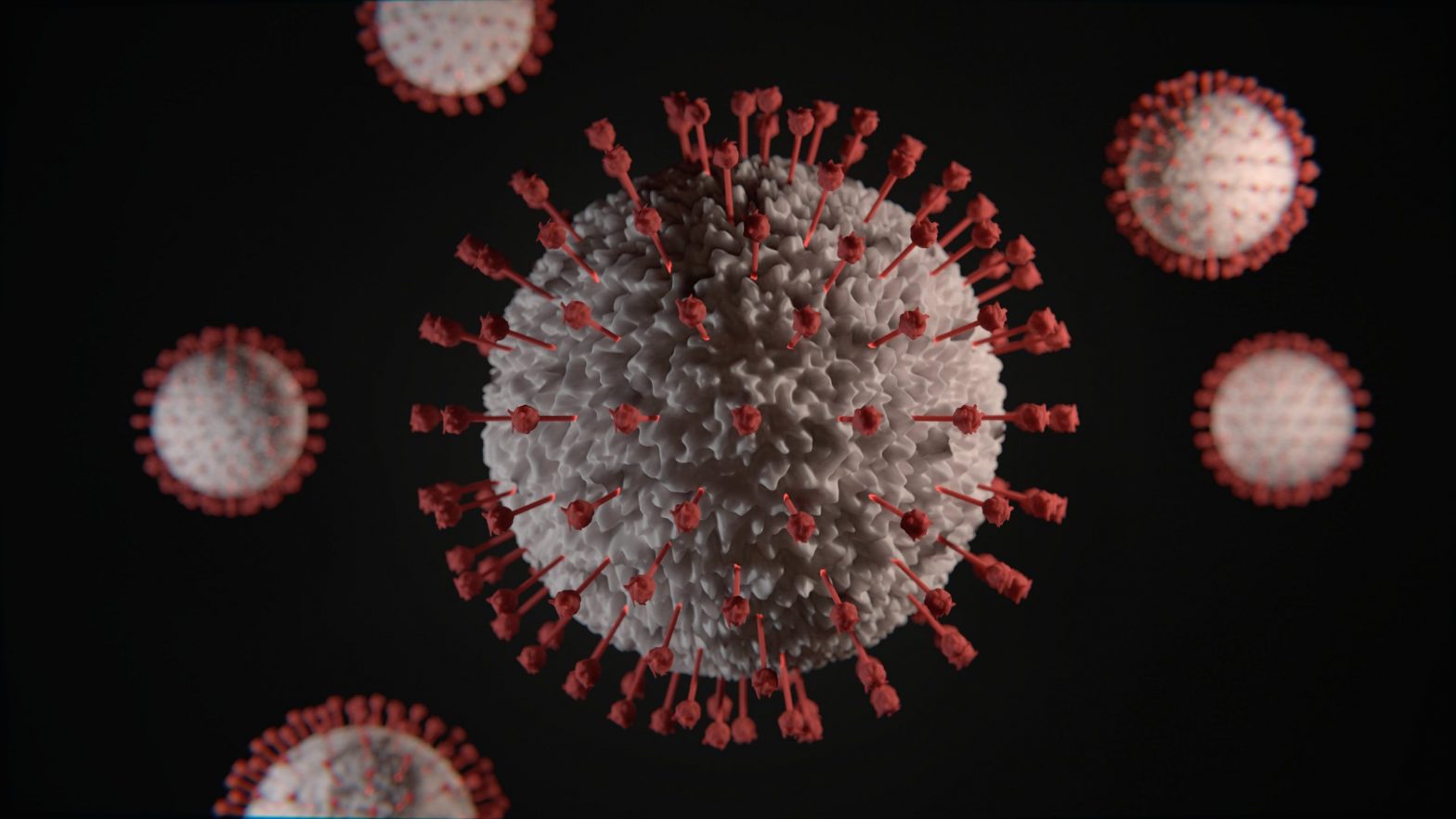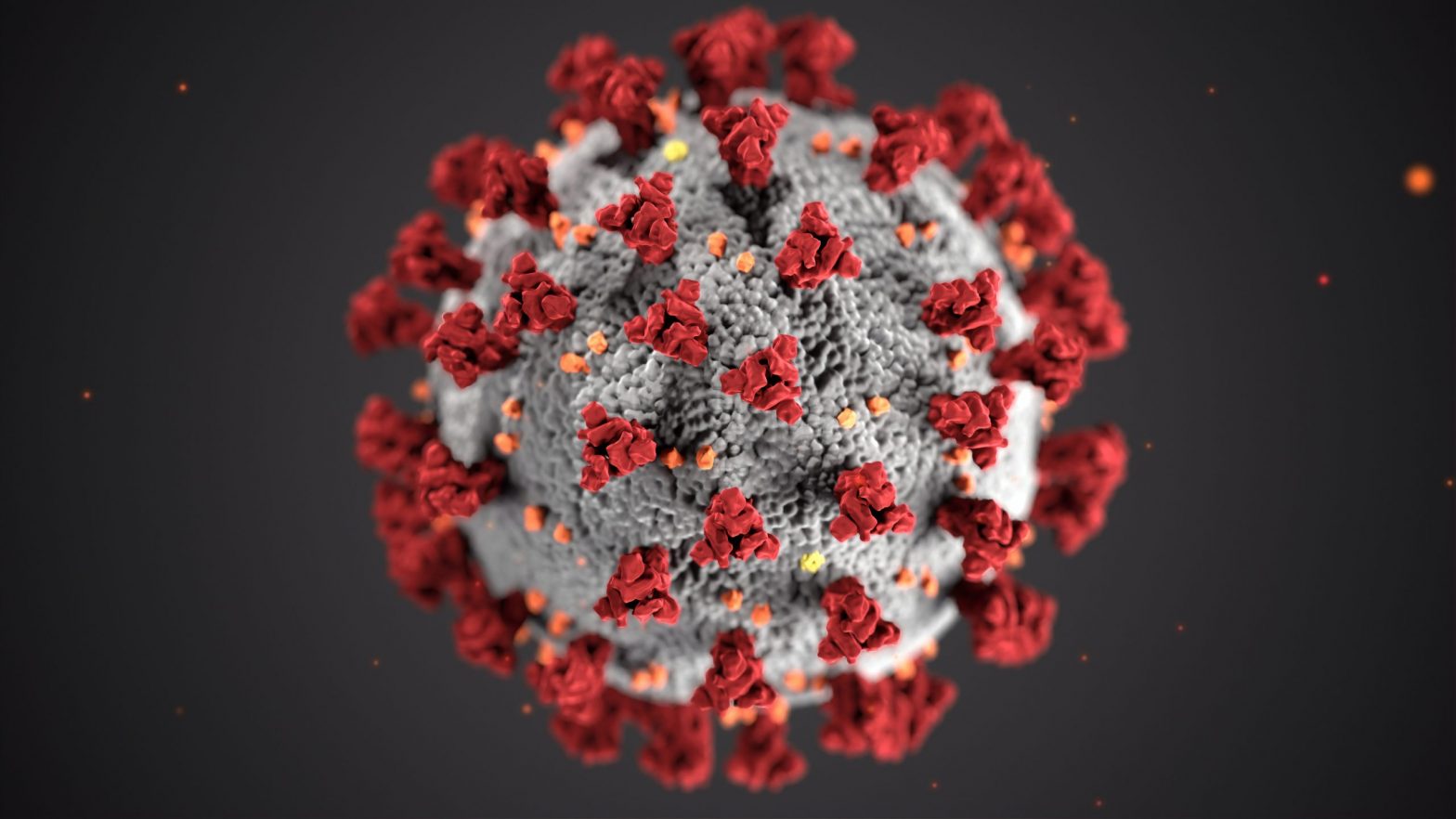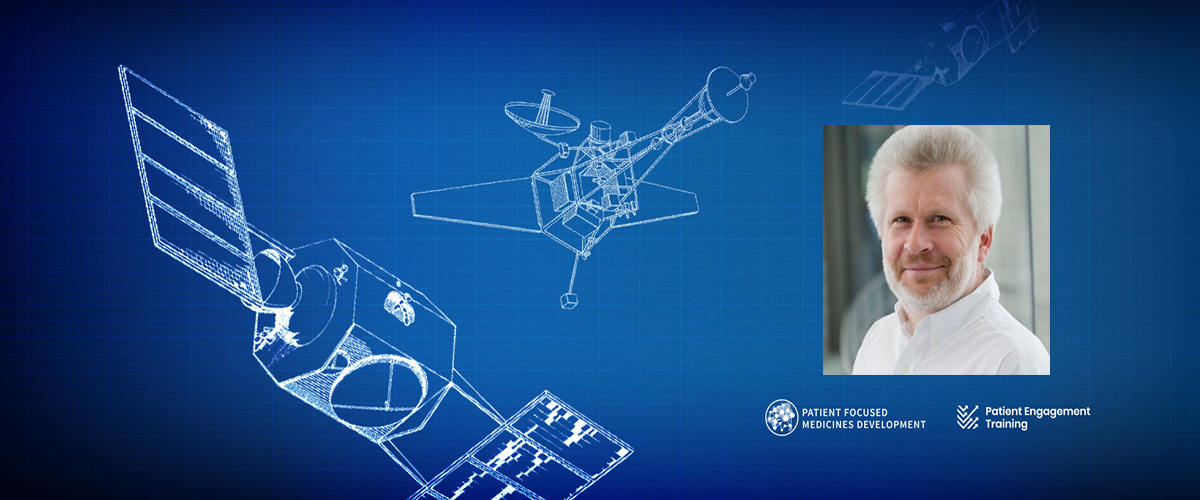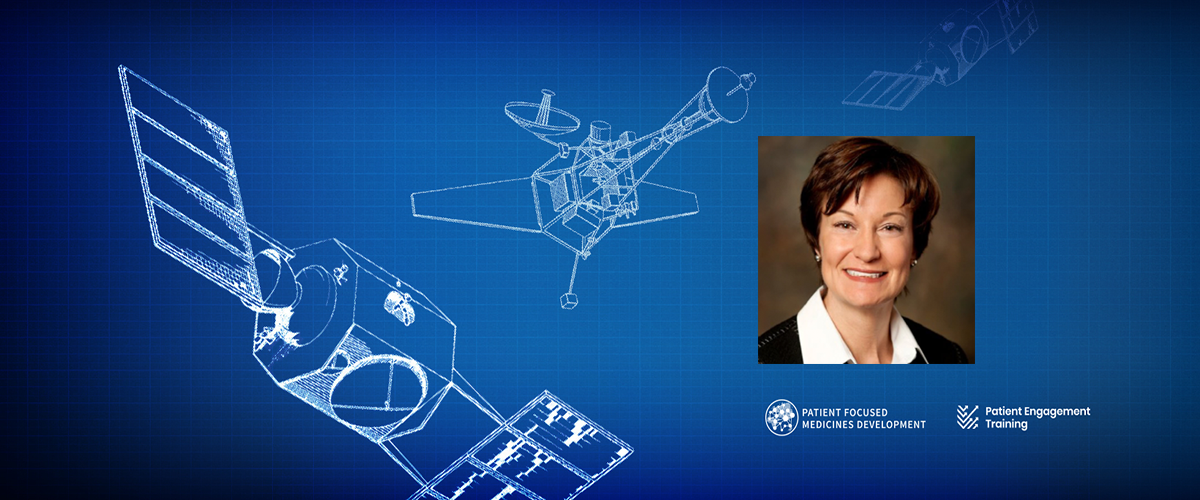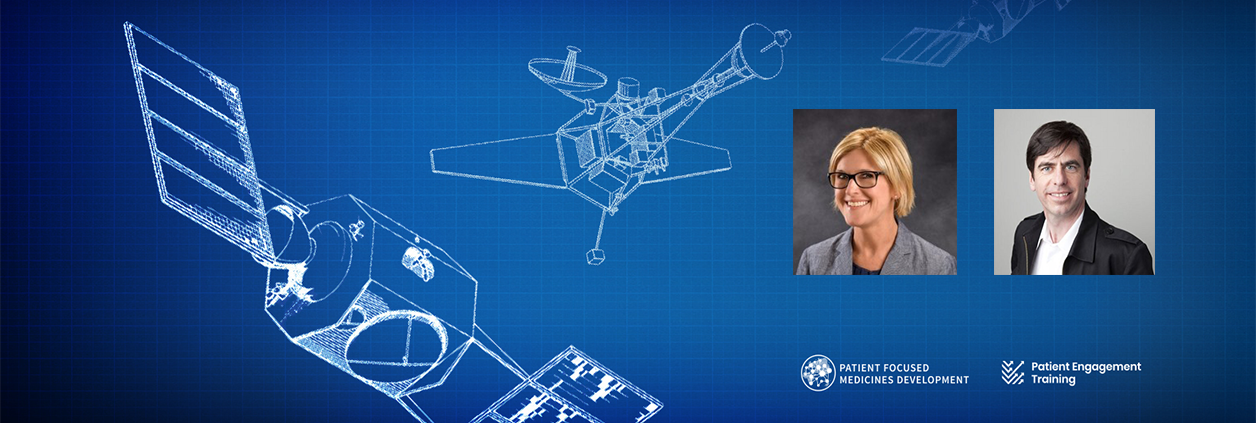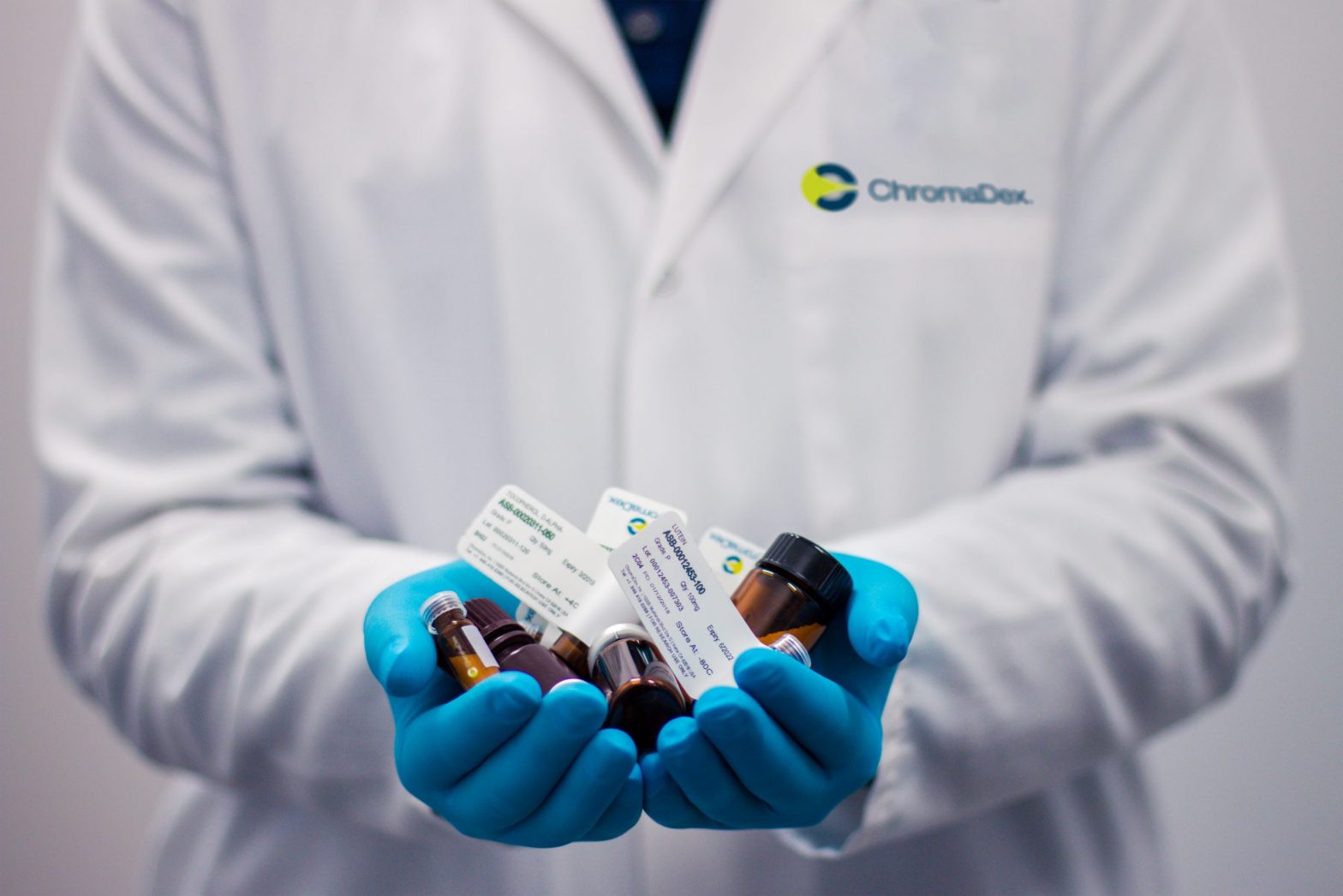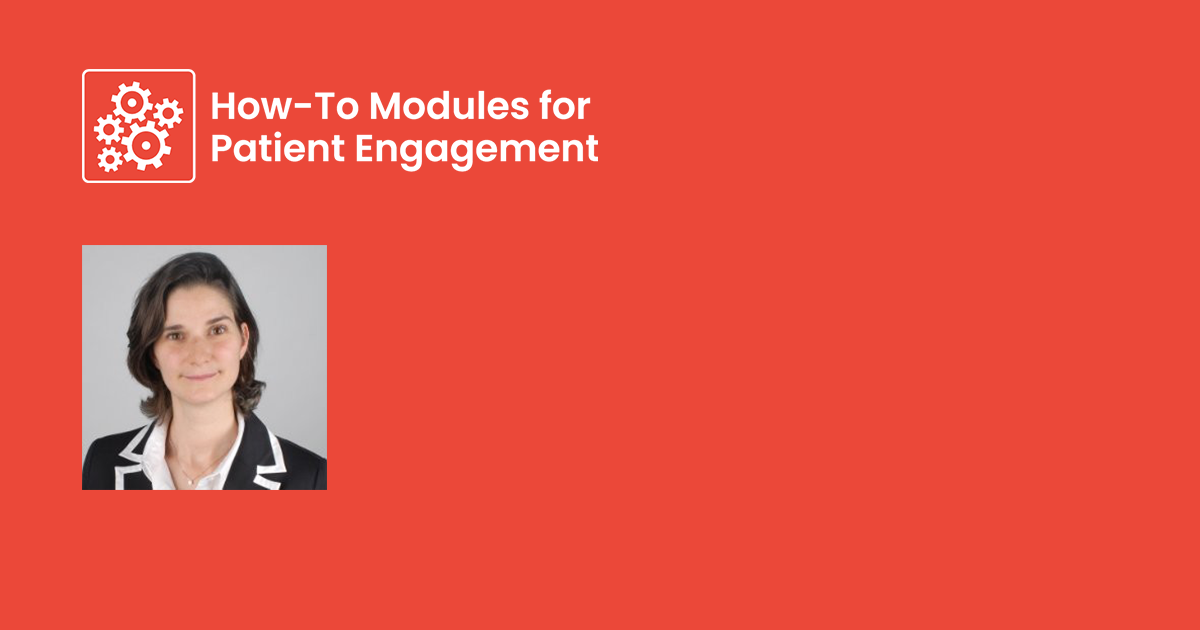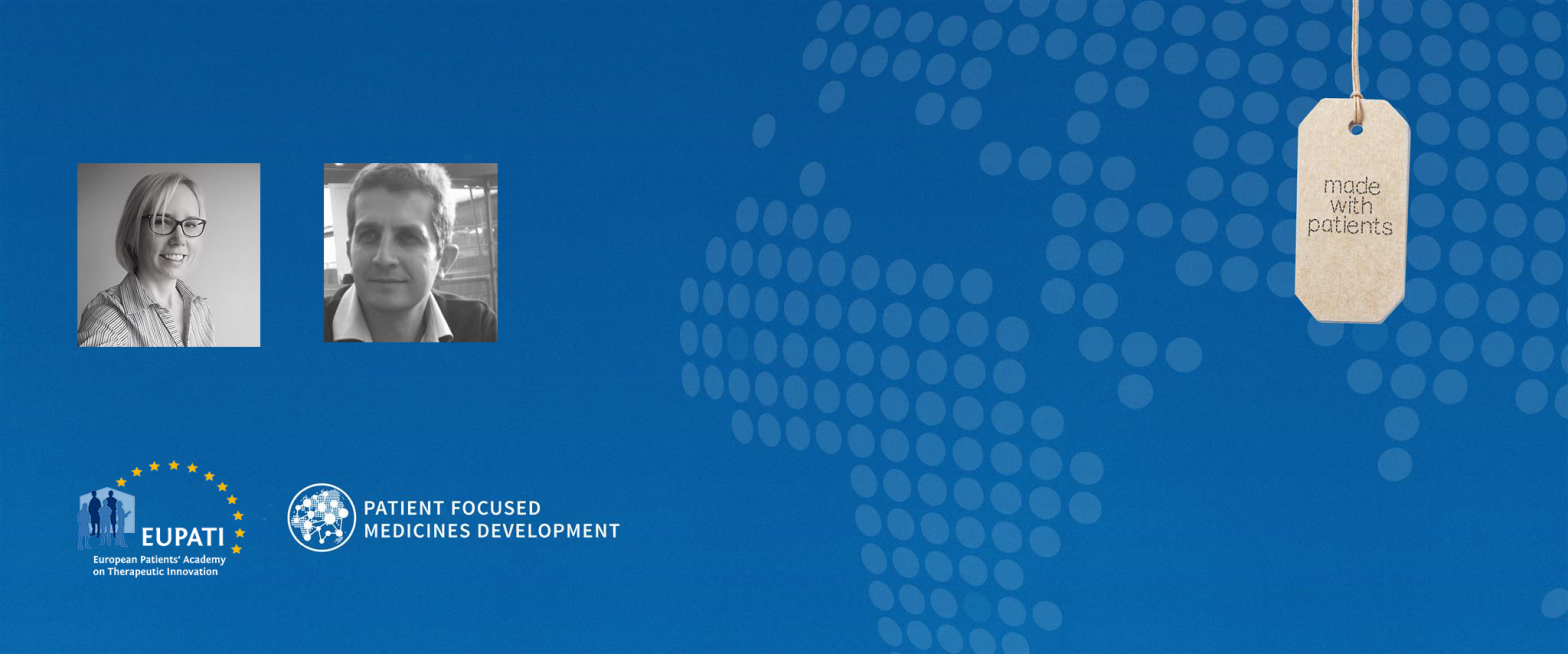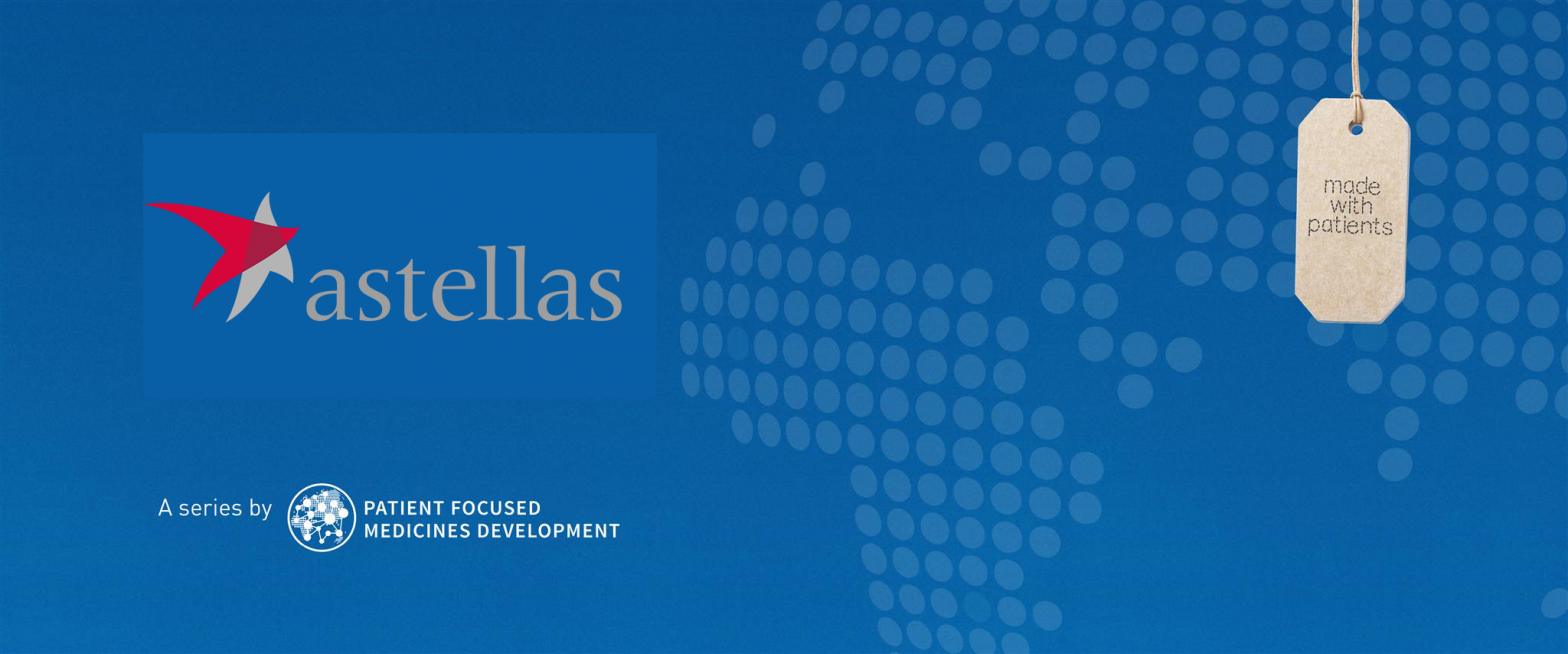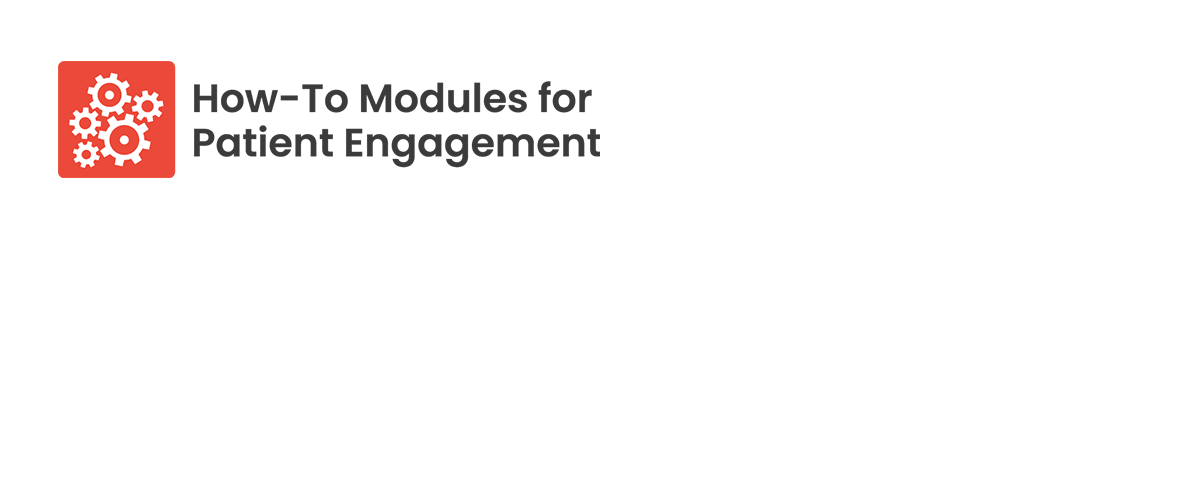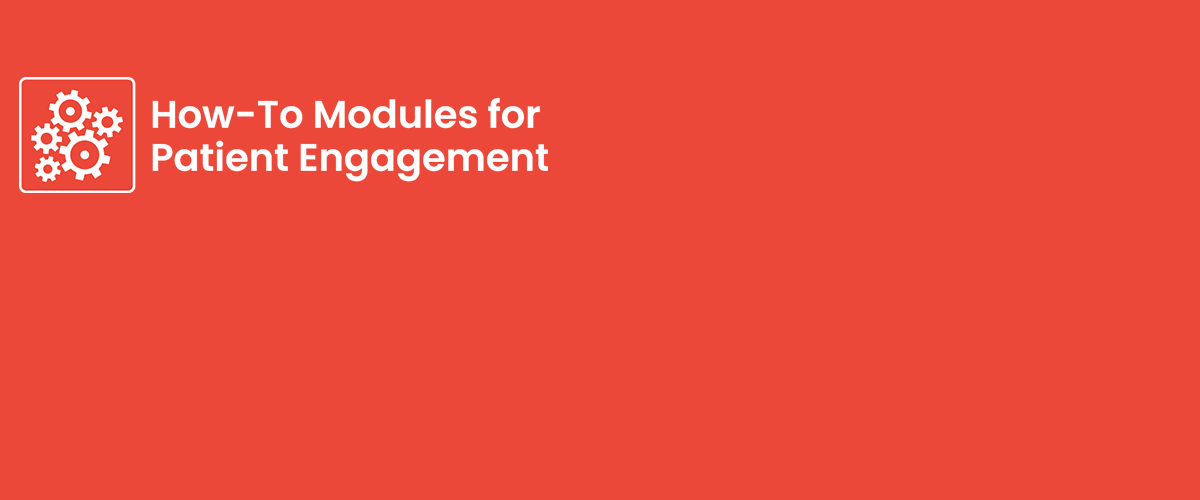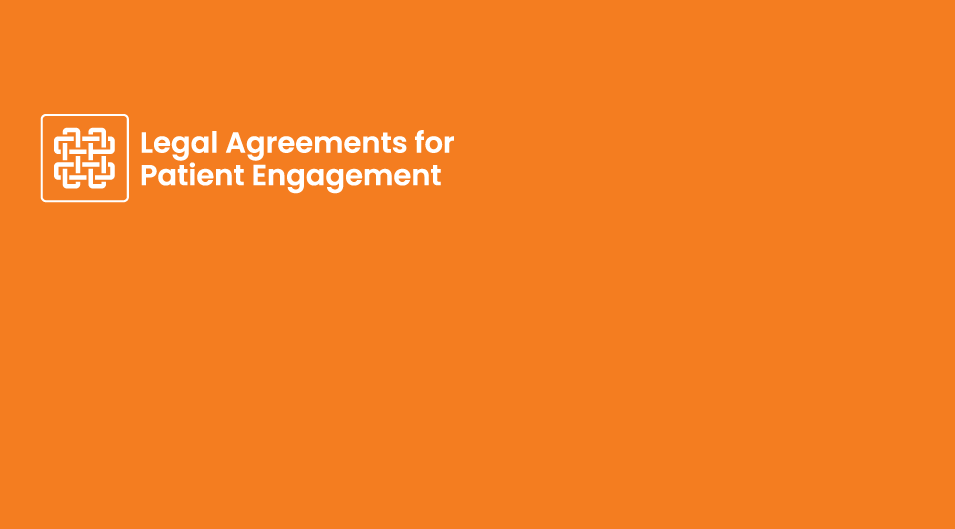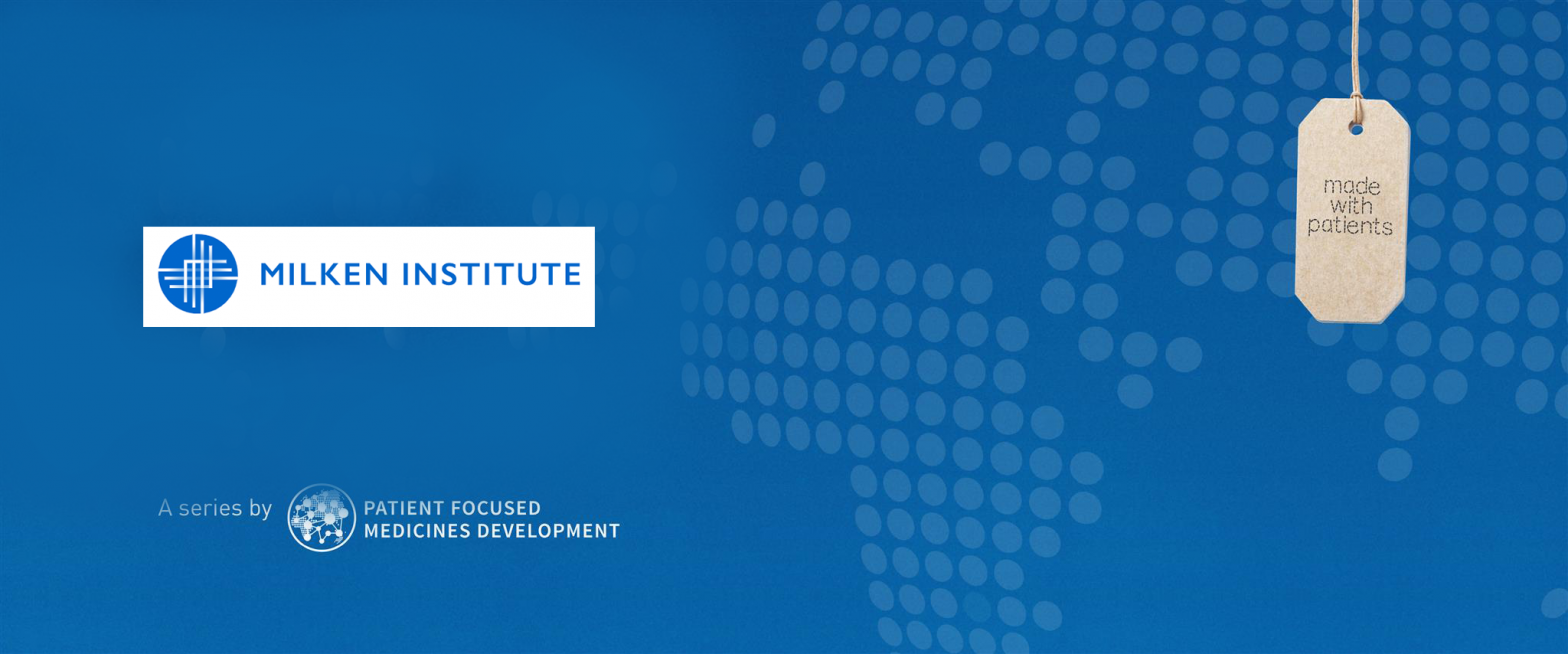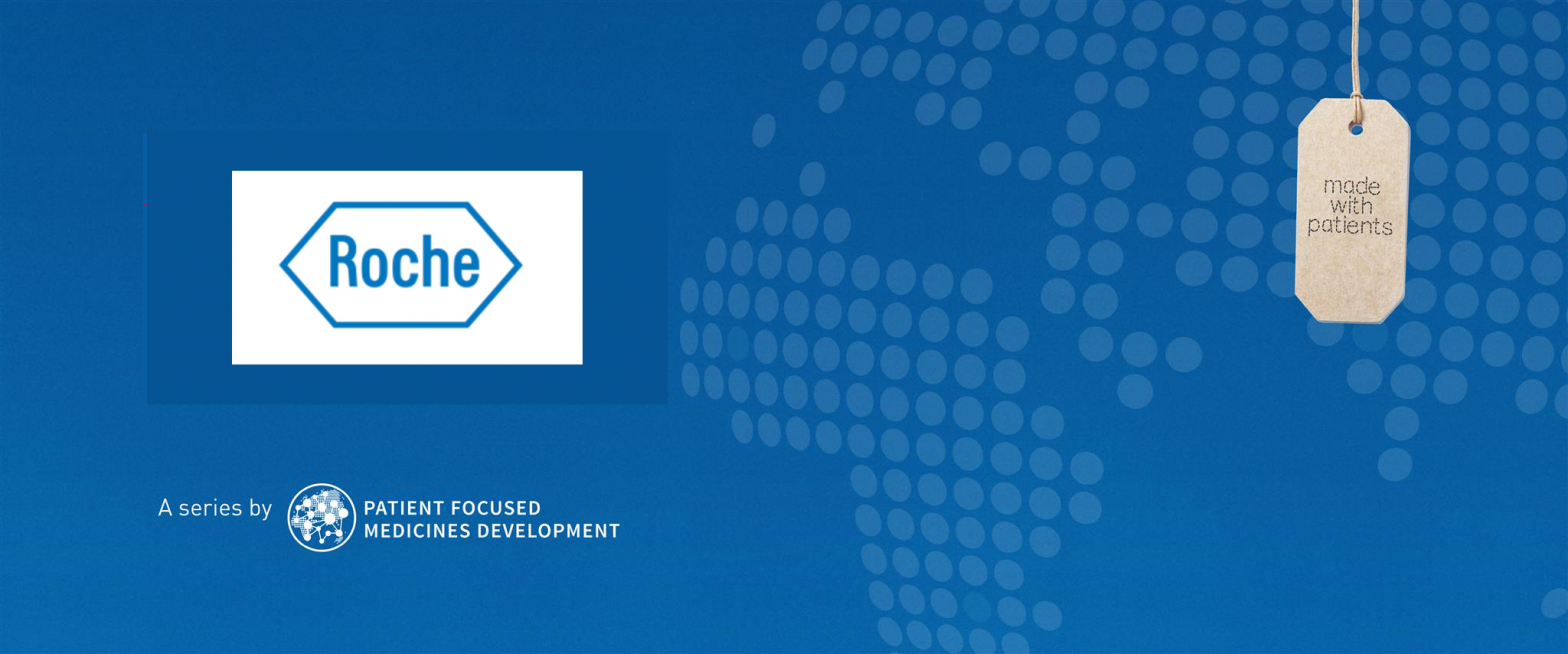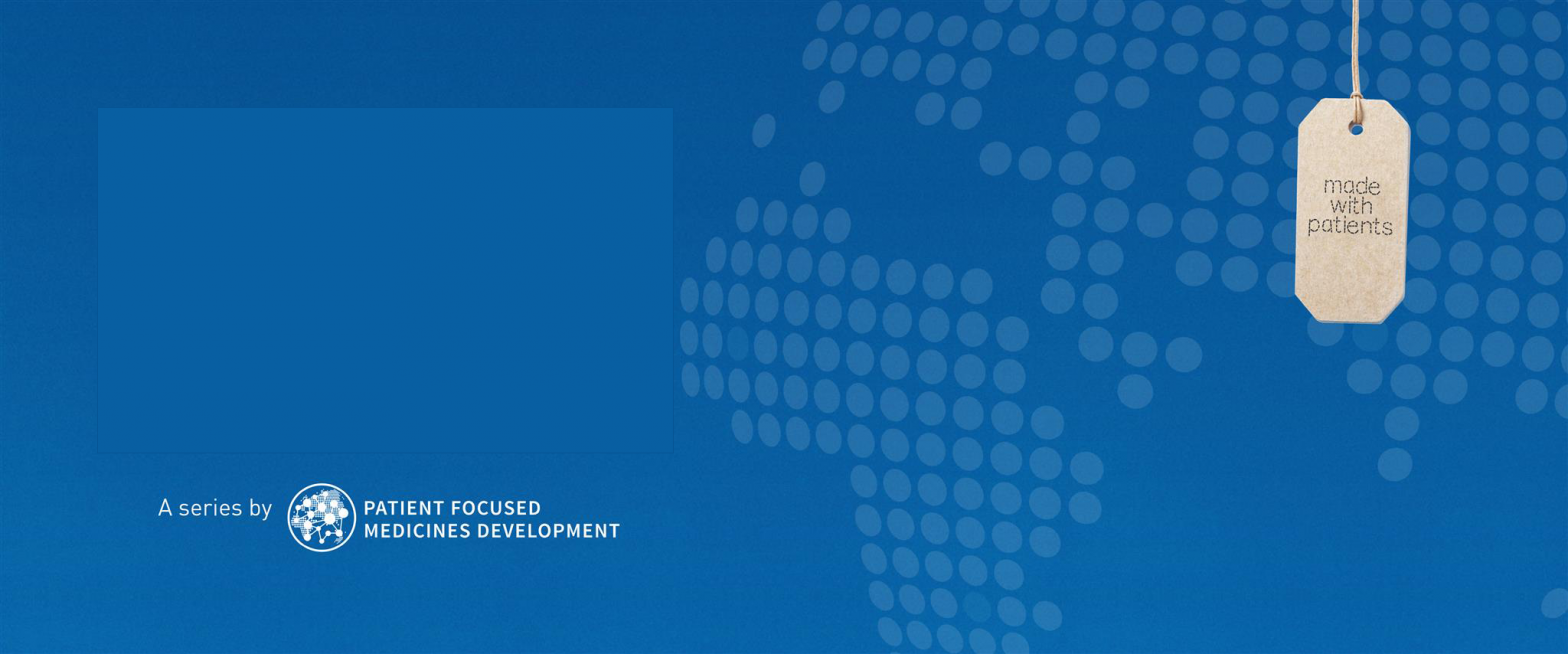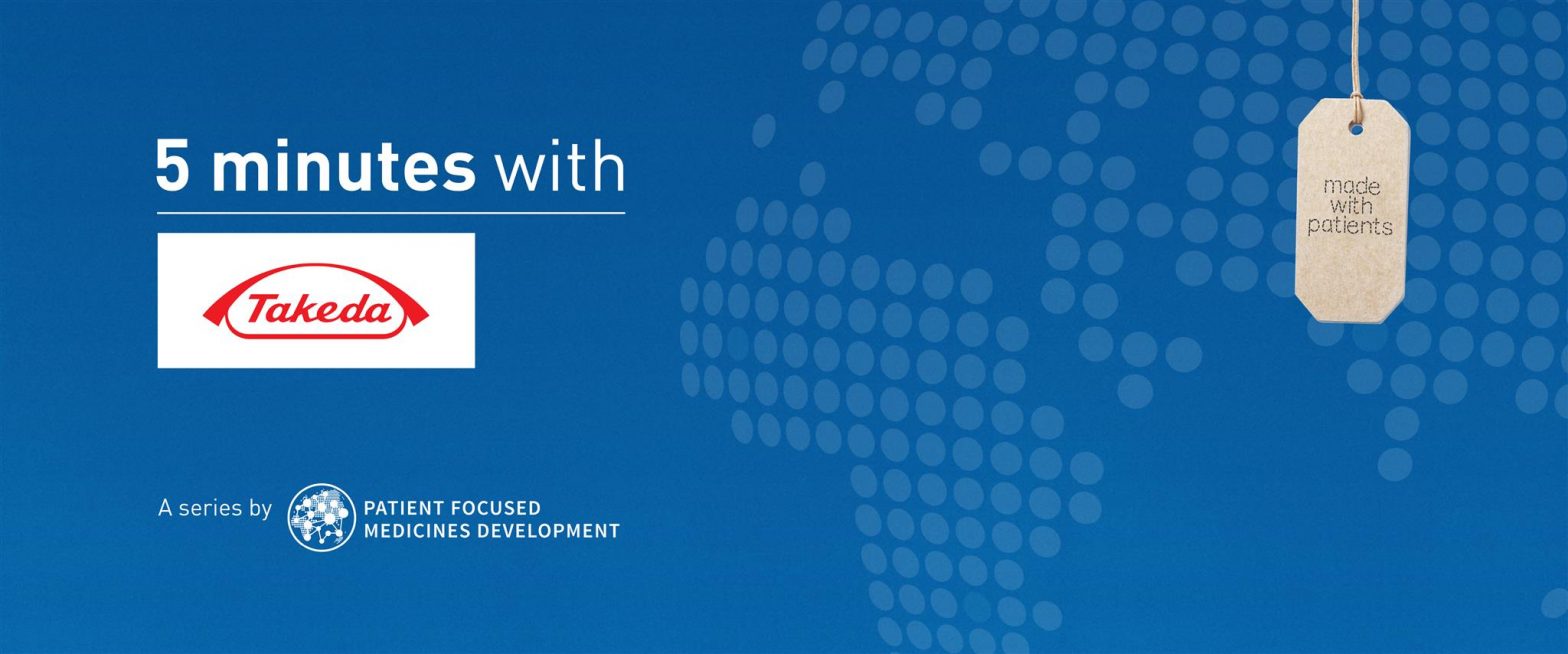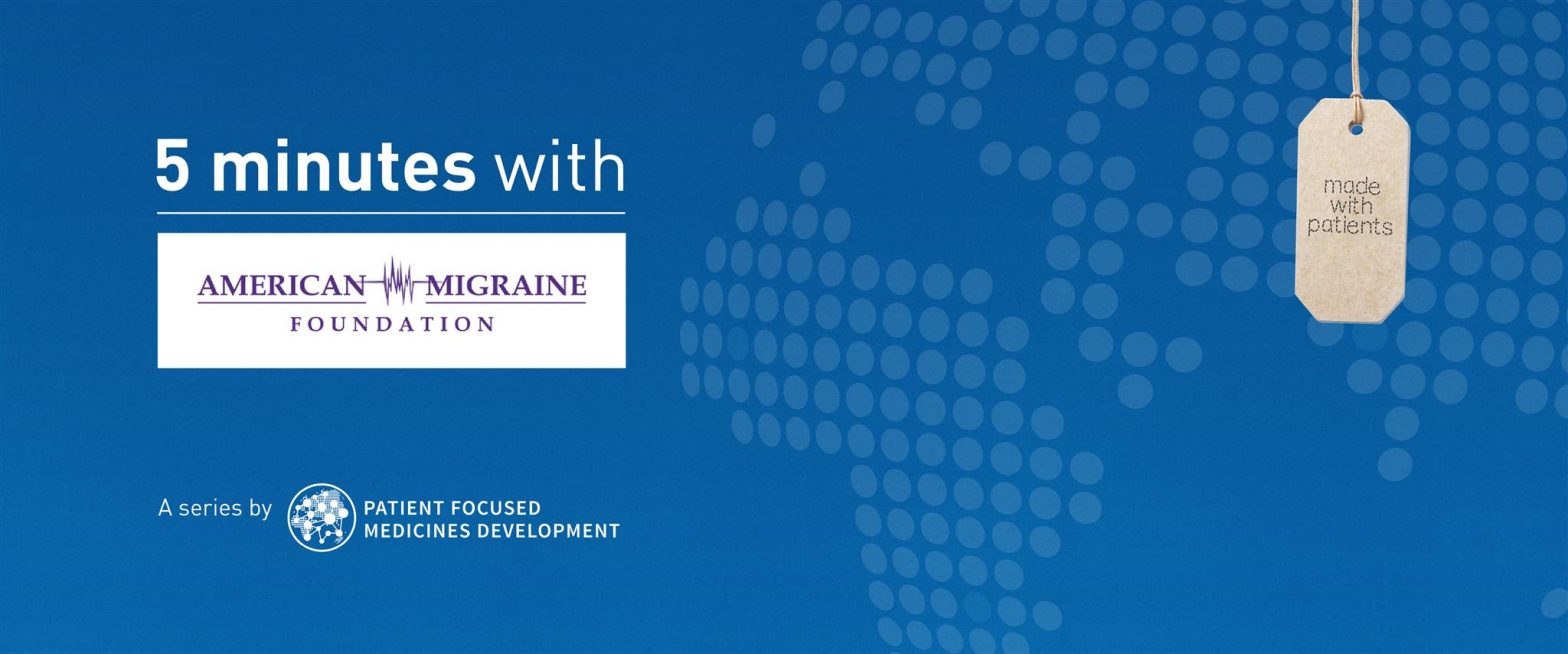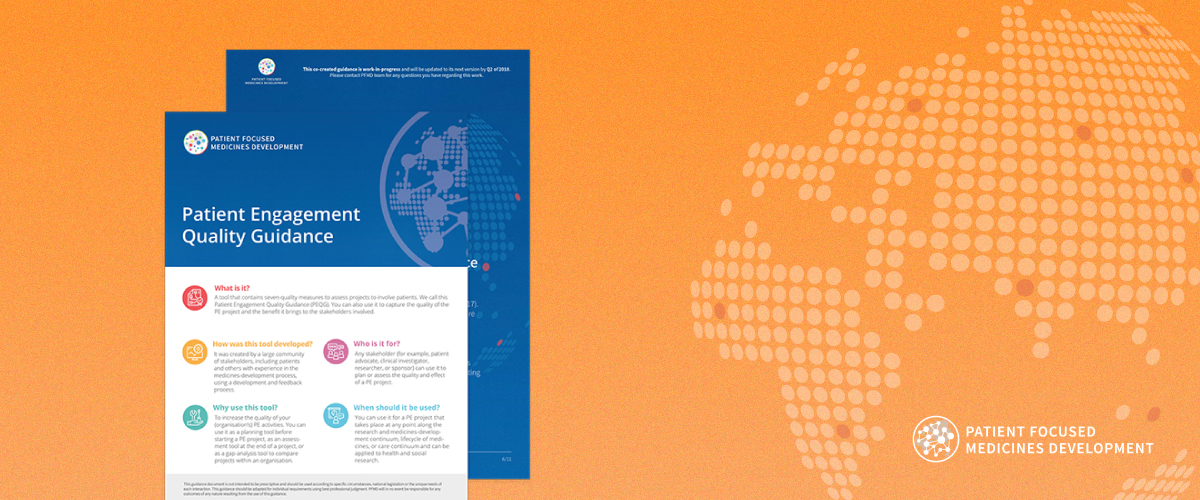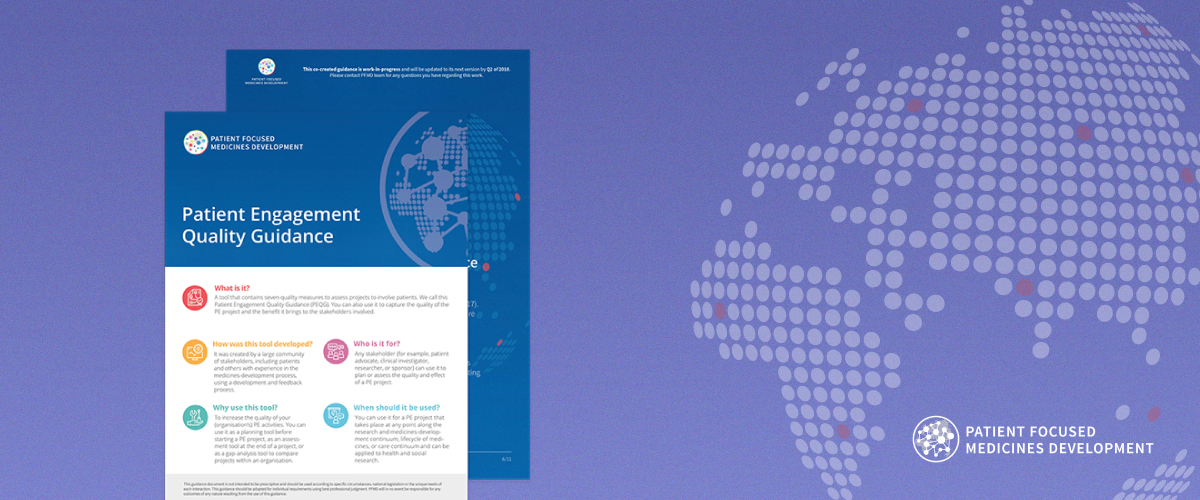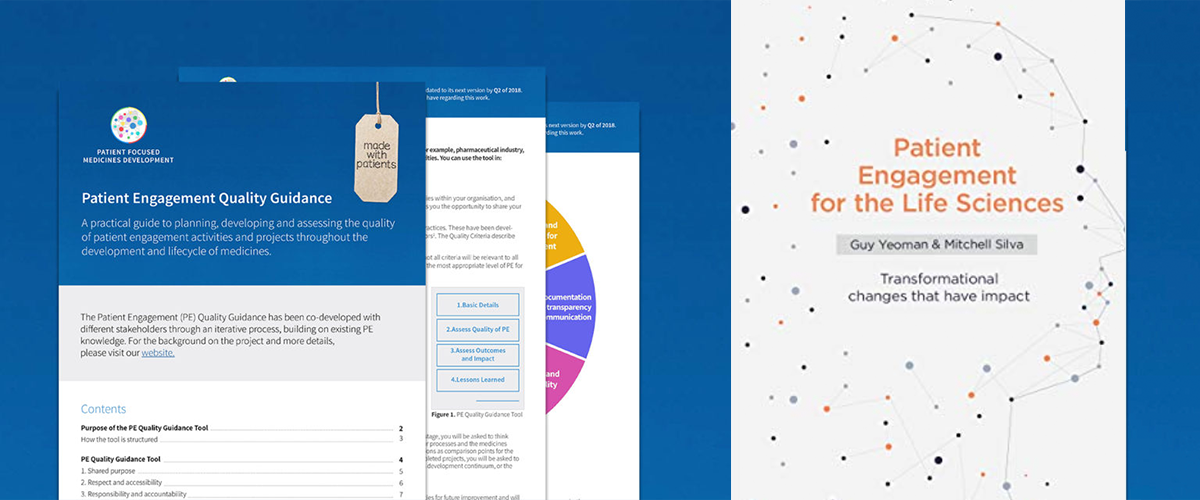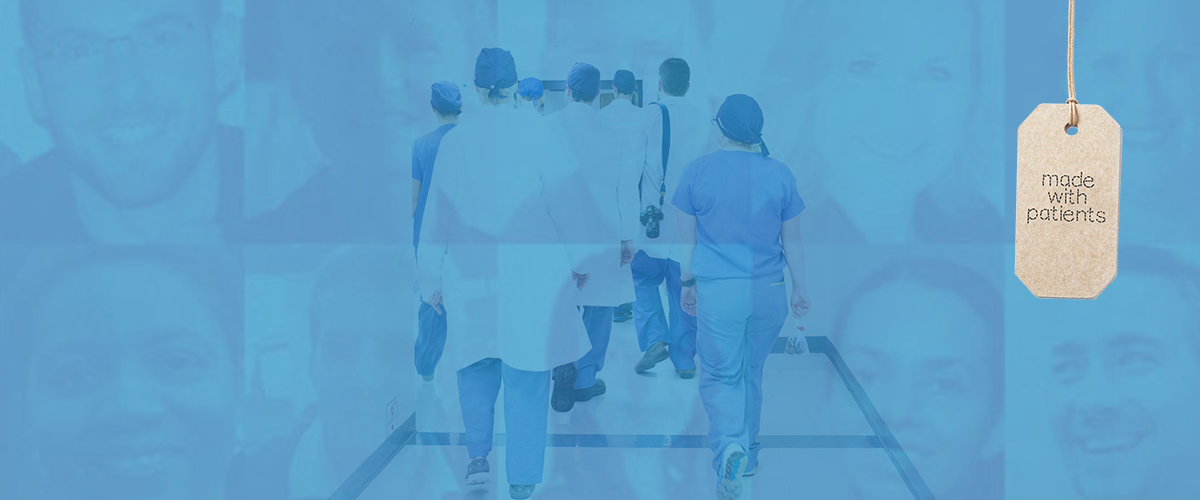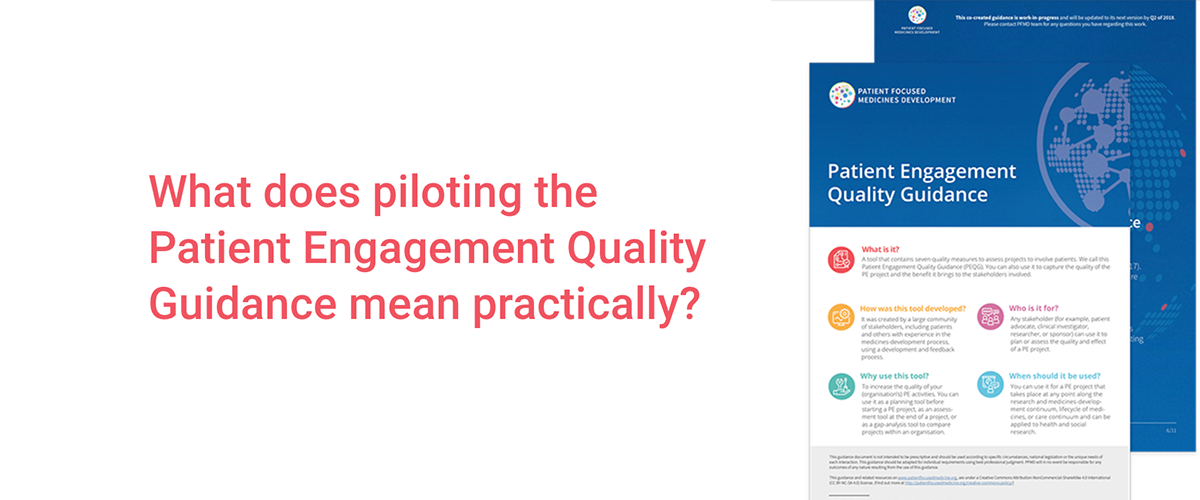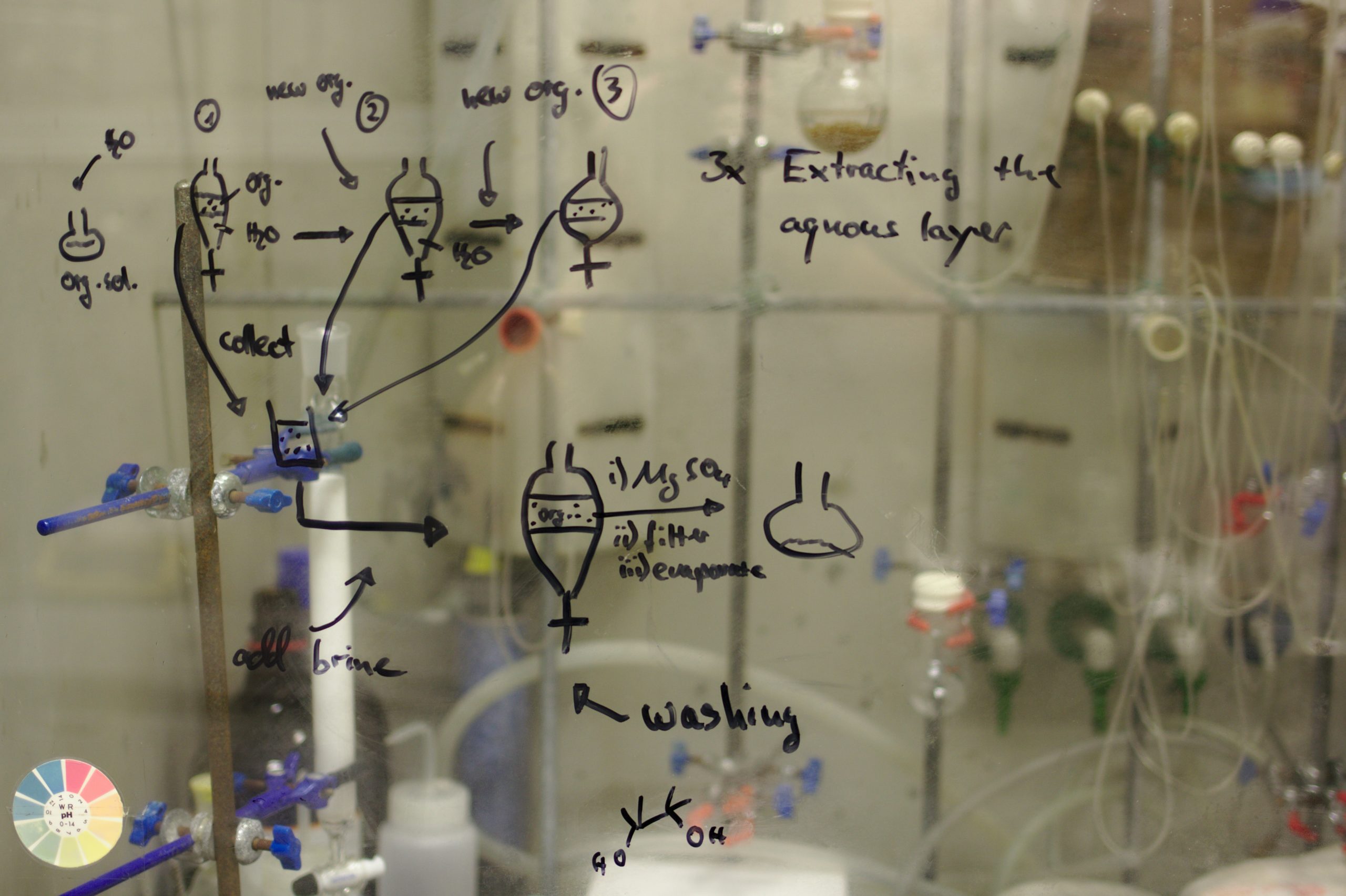 Dr Anthony Yanni, SVP and Global Head, Patient Centricity at Astellas, brings clinical and industry experience to the PFMD Board. His recipe for advancing patient engagement centres on establishing systems to maximise how patient insights are translated into action.
Dr Anthony Yanni, SVP and Global Head, Patient Centricity at Astellas, brings clinical and industry experience to the PFMD Board. His recipe for advancing patient engagement centres on establishing systems to maximise how patient insights are translated into action.
‘I’ve spent my whole career facing the patient,’ he says. ‘As a doctor, I sat opposite patients every day. But when I first moved into industry roles, it was a little shocking to find that people were just starting to think about medical need and patient value.’
Dr Yanni’s clinical resumé is extensive, taking in inpatient and outpatient roles, as well as working in an intensive care unit and serving as the Chief Medical Officer of a hospital system. From there, he moved into clinical development, focused on vaccines, before turning to patient-centricity a decade ago. ‘I was fortunate to find roles in this space at a time when decision-makers were becoming more open to hearing suggestions for how we can do better; how we can become truly patient-centred at every stage of medicines development.’
In August 2019, he was appointed as Astellas’ Senior Vice President responsible for patient centricity. By creating this role, the company is signaling a commitment to fundamental changes that are required to lead the shift to a more patient-centred approach to drug development. Dr Yanni says he has been impressed with how willing colleagues are to evolve long-established approaches to their work. The big task ahead, he adds, is to develop ‘infrastructure’ that will embed and support patient engagement in a large organisation like Astellas.
‘We are building a patient-centricity function to support our teams right through the lifecycle of medicine development,’ he explains. ‘We need ways to capture insights in a reproducible way and provide them to teams that can integrate them into their decisions. This will help everyone to understand and respond to the needs of patients and caregivers.’
Institutional memory
In practice, this means creating an internal process that systematically records the interactions that the company has with patients and patient advocates about their illness. Insights gathered through interviews and panels will be stored so that they can be utilized by others in the company. This makes better use of patients’ time, ensures insights are not lost internally, and helps teams in large organisations to avoid ‘reinventing the wheel’ when searching for patient insights.
‘Think of it as institutional memory that can be systematically used,’ Dr Yanni says. ‘It avoids waste, reduces the barriers to engaging with patients, and reassures patients that their time and effort is well utilised.’
By investing in this kind of infrastructure, organisations can demonstrate a long-term commitment to building patient insights into every aspect of their work. Lowering barriers to patient engagement, and making it easier to turn insights into action, are also what PFMD is all about, Dr Yanni notes. As a new board member, he says he’s excited about working with others to identify – and remove – the hurdles that prevent some organisations from engaging with patients.
‘PFMD has already done a lot to address barriers to patient engagement and some of the initiatives currently underway will continue to push this forward,’ he says. ‘The idea of patient engagement is getting through; now people need support to actually capture information, and to utilise it along the process of turning molecules into medicines – with patients involved every step of the way.’



